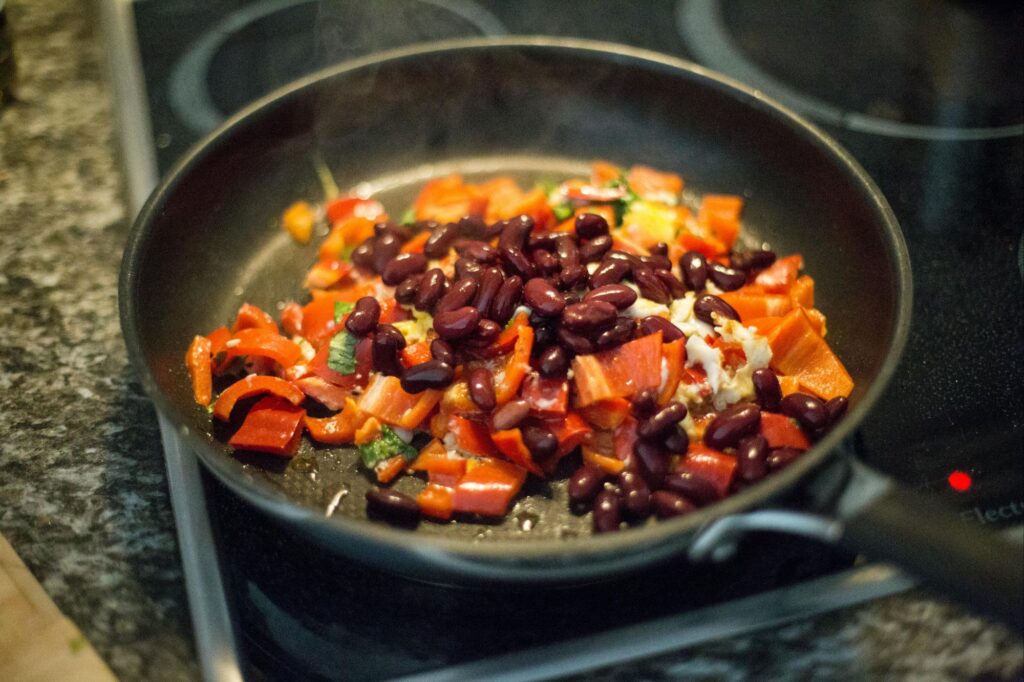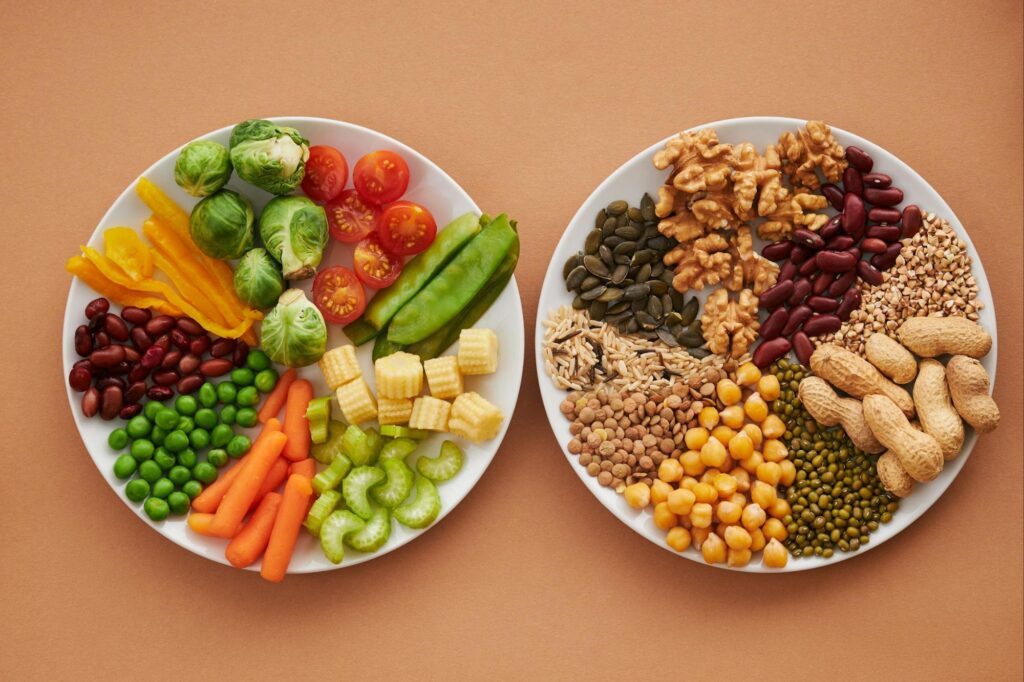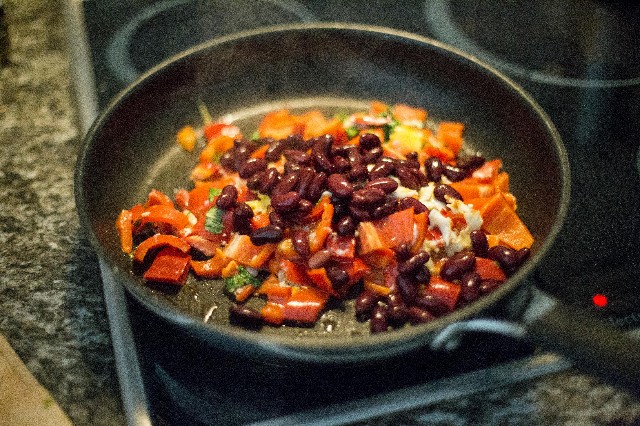In our last post, we wrote about the discomfort of bloating, food sources that cause bloating which includes eating a bean-rich meal. Today, we are taking it a few steps further with a focus on understanding why beans cause bloating and offering insights into better bean cooking methods and tips to enjoy them without the dreaded bloat.

Why Beans Cause Bloating?
Beans, despite their numerous health benefits, can be notorious for causing bloating and gas due to their high fiber and complex carbohydrate content. These indigestible sugars, known as oligosaccharides, pass undigested into the colon, where they are fermented by bacteria, leading to gas production and bloating.
Better Ways to Cook Beans

1. Soak: Soaking beans overnight or for at least 8 hours can significantly reduce their oligosaccharide content, making them easier to digest.
2. Rinse: Before cooking, thoroughly rinse soaked beans to remove any remaining oligosaccharides.
3. Cook Thoroughly: Properly cooking beans until they are soft and tender helps break down complex carbohydrates, making them gentler on the digestive system.
4. Add Digestive Aids: Incorporating herbs like bay leaves, cumin, or fennel seeds during cooking can aid digestion and reduce bloating.
5. Utilize Pressure Cooking: Pressure-cooking beans can further reduce their oligosaccharide content and cooking time, resulting in softer, more digestible beans.
Tips to Avoid Bloating When Eating Beans

1. Start Slow: If you’re not accustomed to consuming beans regularly, gradually introduce them into your diet to allow your body to adjust.
2. Increase Water Intake: Drinking plenty of water when consuming beans can help move fiber through the digestive tract and reduce bloating.
3. Portion Control: Enjoy beans in moderation to avoid overwhelming your digestive system and minimize bloating.
4. Combine with Digestive-Friendly Foods: Pairing beans with foods rich in digestive enzymes, such as vegetables or fermented foods like yogurt or sauerkraut, can aid digestion and reduce discomfort.
5. Consider Enzyme Supplements: For individuals with sensitive digestive systems, enzyme supplements containing alpha-galactosidase can help break down oligosaccharides and alleviate bloating.
Conclusion

While beans are a nutritious and versatile food, they can sometimes lead to bloating and discomfort. By understanding why beans cause bloating and implementing better cooking methods and eating strategies, you can enjoy the benefits of beans without the unwanted side effects. Remember, a happy tummy leads to a happy you!
